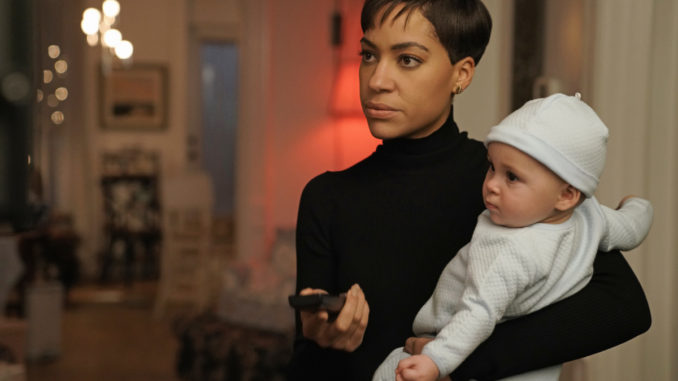
Episode 4 of the “Good Fight,” titled “Mothering While Black,” will premiere on CBS All Access on April 4th. It will address a topic of paramount importance to the black community—racial income disparity.
The “Good Fight,” a spinoff of the “Good Wife,” is a legal drama that’s garnering widespread acclaim for its acknowledgment and portrayal of problems discussed in Black homes and ignored by other mainstream media outlets.
Racially based pay income disparity is both a longstanding and controversial topic because of the statement echoed by the law firm’s senior partner, “There are so many factors that go into every decision.”
Race, like individual experiences, like many things, gains and loses its significance depending on the situation. Its effects and how it affects other things are difficult to discern. Sometimes, we cannot disentangle the causes of things, only acknowledged their conjoined effects.
The “Good Fight,” succeeds in acknowledging without judgement the variables that make issues controversial. The delay and sometimes absence of a stance, gives the viewer time to digest issues rather than become indignant.
In the main storyline, Cush Jumbo, faces blunt racial discrimination forcing her identity as a Black employee to the forefront of her consciousness. The struggle of dueling identities is not only part of the Black experience as illuminated by W.E.B Dubois, but to everyone with an intersectional identity—everyone.
“One ever feels his twoness, an American, a negro, two souls, two thoughts two unreconciled strivings, two warring ideals in one dark body, whose dogged strength alone keeps it from being torn asunder.” This episode not only showcases the struggle between identities but also how individual identities can approach and recede depending on the circumstance.
Race does not exist in isolation, like economic class and gender, it is embroiled with other features. No one is only Black? I know of only Black men and Black women and their experiences are very different. It is not an ideal nor a theoretical concept. Race is tied to humanity.
Individuals are things that cannot be broken down into smaller parts, not because they are base and simple, but because the relevance of their parts grow and shrink in significance depending on the situation. Yet, communities do exist, and the perceptions of the groups to which you belong will shape your personal experiences.
Rejecting one associated group to signal greater allegiance to an overlapping group often exasperates individual issues by blocking of the resources and understanding needed to advocate for themselves.
“People really shouldn’t be comparing salaries,” states a senior partner Audra McDonald, echoing a social norm. This code of conduct in the workplace makes it difficult for employees to discern whether they are being fairly compensated and what determines compensation.
By following the cultural norm of not discussing compensation packages with fellow employees a tradeoff takes places to limit data necessary to advocate for consistent and non-biased compensation packages.
In maintaining the facade of autonomy, employees ignore the mechanisms that affect them without deterring the power they have over them.


Leave a Reply